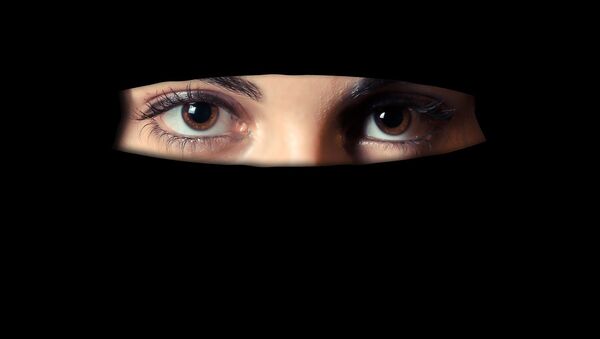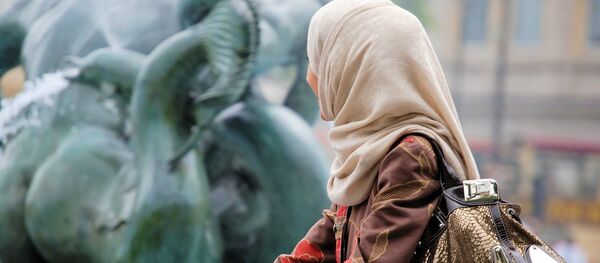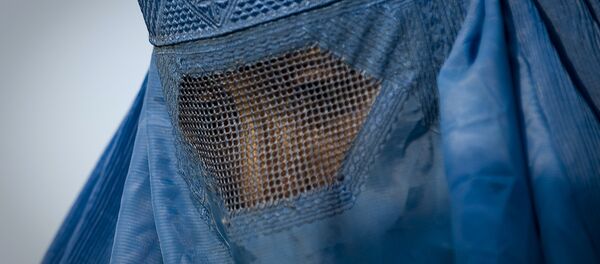This notorious U-turn sparked outrage on Listhaug's Facebook page followed by over 74,000 users. Many Progress Party supporters voiced their extreme disappointment and called the niqab "a symbol of oppression against women."
Remarkably, the right-wing Progress Party has been advocating a ban on face-covering garments in schools for several years in a row. As late as August, an all-encompassing ban was suggested by Progress Party immigration spokesperson Mazyar Keshvari, Norwegian national broadcaster NRK reported.
"It is a fundamental issue that is about putting your foot down on the most extreme fundamentalists. Here communities should take joint responsibility to set boundaries and build attitudes, Jan Bøhler of the Labor Party told Norwegian newspaper Verdens Gang, voicing his surprise and disappointment.
Earlier, numerous conflicts flared up as some colleges and schools across Norway decided against face-covering garments that impede communication in classrooms.
Before the Progress Party sided with the Conservative Party and made its debut into the Norwegian government, party leader Siv Jensen suggested banning face-covering garments in all public places.
"Women who live in a freedom-loving country should not be exposed to this kind of coercion," Jensen said.
According to Jan Bøhler, the Labor Party promotes today a stricter integration policy than the Progress Party.
"As regards to making demands and setting limits for the community, I have repeatedly wondered what they [the Progress Party] are doing in government. For instance, they reject obliging imams in mosques to speak Norwegian. It is important that we take clear position against Islamist groups and that we don't dodge responsibility," Bøhler said.
What's the difference between a hijab, niqab and burka? #BurkiniBan >>https://t.co/lJa3YBEkDH pic.twitter.com/p8SnbU5q3l
— BBC Newsround (@BBCNewsround) 26 августа 2016 г.
Earlier, the Labor Party, the Socialist Left Party and the centrist parties issued a 50-page memo named "Ten Commandments for Better Integration," which advocated a ban on Islamic face-covering garments that inhibit communication and interaction.





